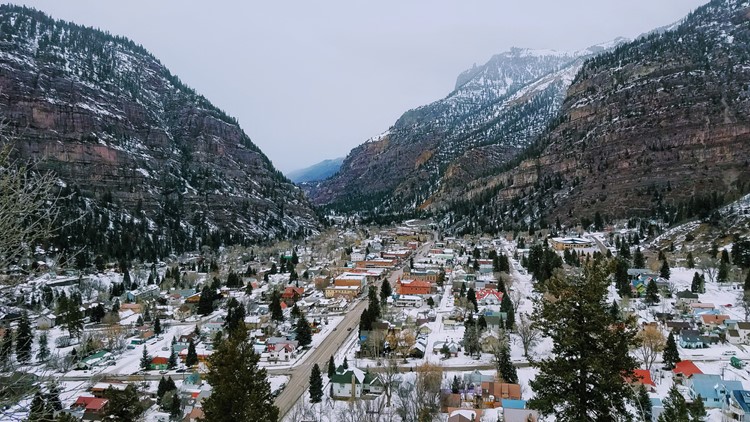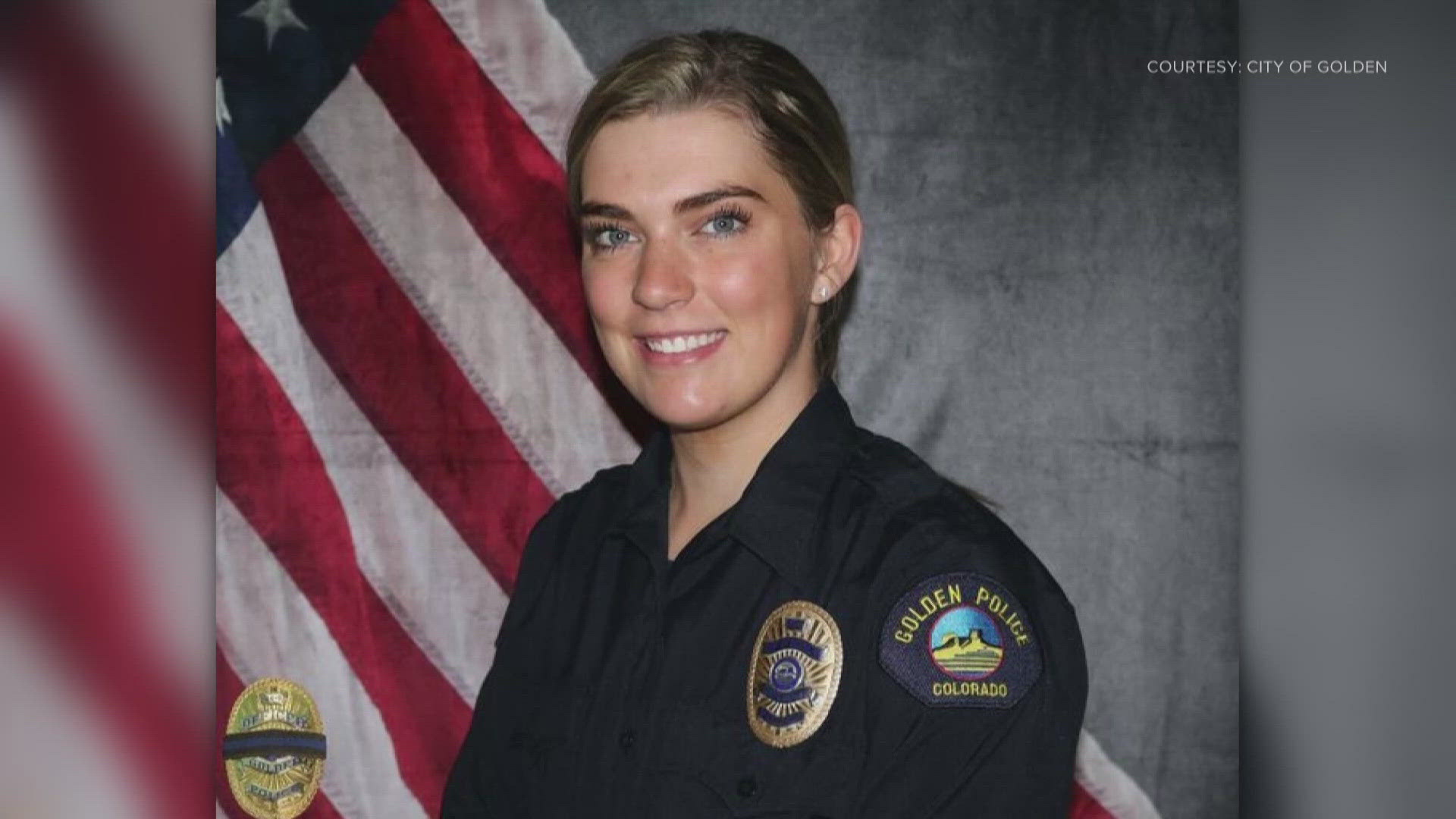RIDGWAY, Colo — Ouray voters approved a 15% excise tax on short-term rentals by narrow margins. It appears to be the highest tax on vacation rentals in the state.
Ballot Issue 2A passed with 312 votes, or 57% voting in favor, and 237 votes against the proposal.
The 15% tax will be applied to nightly room rates for homes or rooms rented for 30 days or less in the city, including Airbnbs and VRBOs, starting in 2022. The tax will sunset in 30 years.
> This story is powered by COLab, the Colorado News Collaborative. 9NEWS joined this historic collaboration with more than 40 other newsrooms across Colorado to better serve the public.
The question was placed on the ballot in August after the City Council heard from residents about increasing frustration with the proliferation of vacation rentals and the shortage of long-term housing.
The revenue will be split between the city’s water and wastewater treatment plant projects and future housing programs. The city estimated it would bring in more than $350,000 based on 2020’s rental activity and, due to increased rental revenue so far this year, could raise more than $600,000.
The money allocated to housing programs has not been specified, but councilors have said previously it could be used to support future projects by offsetting city fees, to match grants or other “attainable/affordable” housing efforts.
In the resolution putting the question on the ballot, the City Council said short-term rentals “increase the demand on City infrastructure,” and “often replace long-term rentals in the City, making longer term workforce housing difficult to locate.”
Short-term rentals are taxed at the state’s 7.15% residential property tax assessment rate, unlike traditional bed-and-breakfasts and hotels, which are taxed at the 29% commercial rate. In initial discussions, the council said the goal of the excise tax would be to close some of the gap for residential properties operating as commercial businesses.
Vacation rental owners and managers were among the loudest opponents against Ouray’s tax. The committee Ouray Citizens for Reasonable Taxation was formed by the chief operating officer of Premier Vacation Rentals, and the company gave a $5,000 donation to the committee, according to campaign finance records.
Before the council voted to put the tax up to voters, Premier Vacation Rentals Co-Founder and Chief Executive Officer Chris Bettin discouraged councilors from doing so and said his company would consider legal remedies against it. Other opponents said the city’s plans to use the money were too vague, and said the tax would result in fewer tourists choosing to stay in Ouray.
“I thought it would be a close ballot based on feedback from the community that we had heard and our overall perspective on the issue,” Bettin said Tuesday night.
He said the size of the tax increase may have swayed some voters against it, as well as concern for the impact on Ouray’s tourism economy, but thought ultimately the argument about taxing rentals more like commercial businesses may have resonated with supporters. He speculated that voters feeling fatigued from “the excessive tourism” of the last two years and the comments from business owners blaming employee shortages on second homes also contributed.
“Maybe it’s just a tipping point issue. People say, ‘Gosh, we haven’t done anything about affordable housing and we need to do something,’” Bettin said. “They probably do need to do something, but I wish they hadn’t done this.”
Premier Vacation Rentals manages about 55 units throughout the area.
He said the company expects that rental price increases to cover the tax will send some customers elsewhere, but because the tax is so much larger than others in the state, “there’s not really a good predictive measure for how that affects the community,” Bettin said. “Times have changed, we’re kind of in an unknown landscape.”
Proponents of the tax pointed to the tourism boom and its impact on the city’s infrastructure, as well as the shortage of housing for local workers, which was more visible than ever this summer.
RELATED: Summit County homeowners could make $24,000 for housing local workers instead of renting on Airbnb
Ouray resident Cindy Carothers, who advocated for the tax, said businesses’ struggles to hire employees put housing in the spotlight.
“All you had to do was walk around town in the summer and businesses were open five days a week, they had no workers, they couldn’t bring people in, and places that were ordinarily open seven days a week were not,” she said.
Carothers said she thought voters saw the tax as an equalizer between the vacation rentals and local hotels and bed-and-breakfasts, and saw that affordable housing and the water and wastewater treatment projects are badly needed. Like Bettin, she expected it to be a close race, especially due to the vocal campaign against it.
She said the passage of the tax shows residents don’t want to let people “come in and use Ouray as an investment” without supporting the city’s infrastructure and housing needs.
“Ouray sorely needs this money and we can put it to great use,” she said.
Liz Teitz is a journalist with Report for America, a nonprofit organization that places corps members in underserved areas. Click here to make a tax-deductible contribution to support her work.
SUGGESTED VIDEOS: Latest from 9NEWS



